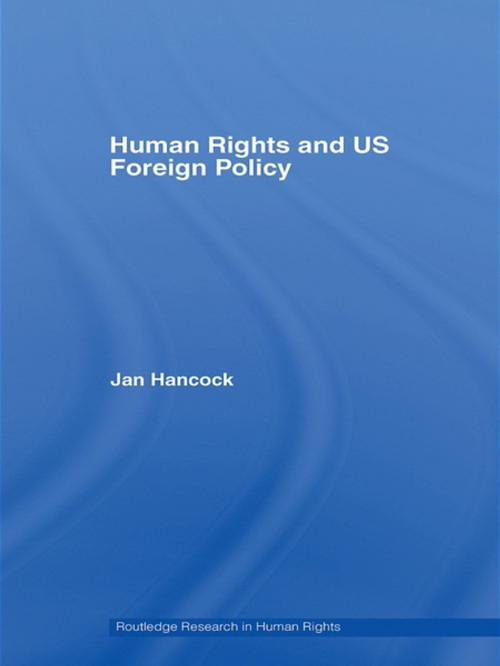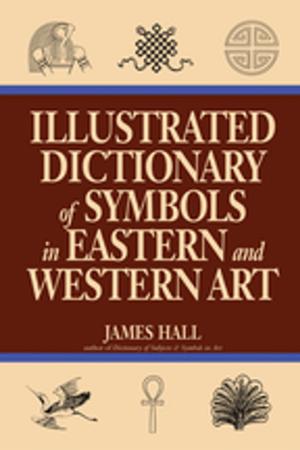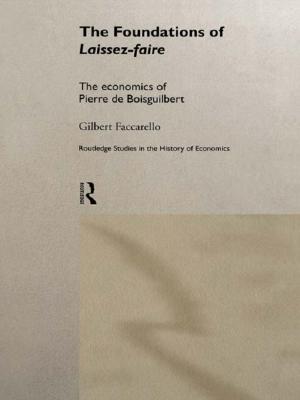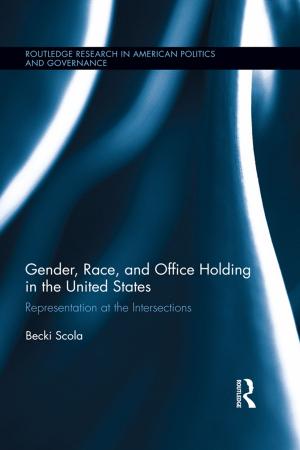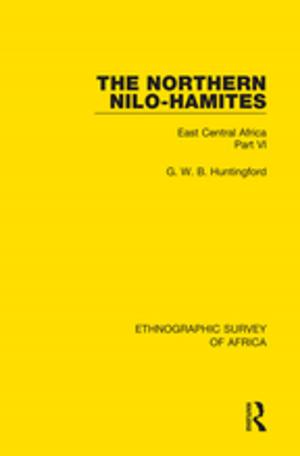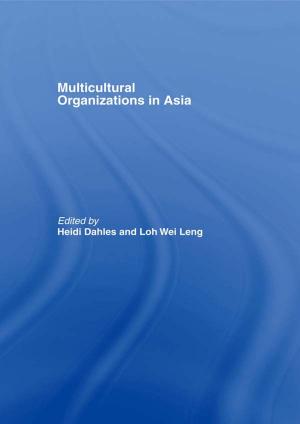Human Rights and US Foreign Policy
Nonfiction, Social & Cultural Studies, Political Science, Politics, Civil Rights| Author: | Jan Hancock | ISBN: | 9781134214372 |
| Publisher: | Taylor and Francis | Publication: | June 11, 2007 |
| Imprint: | Routledge | Language: | English |
| Author: | Jan Hancock |
| ISBN: | 9781134214372 |
| Publisher: | Taylor and Francis |
| Publication: | June 11, 2007 |
| Imprint: | Routledge |
| Language: | English |
This book analyzes the role of human rights in the foreign policy of the George W. Bush Administrations.
References to human rights, freedom and democracy became prominent explanations for post-9/11 foreign policy, yet human rights have been neither impartially nor universally integrated into decision-making. Jan Hancock addresses this apparent paradox by considering three distinct explanations. The first position holds that human rights form a constitutive foreign policy goal, the second that evident double standards refute the first perspective. This book seeks to progress beyond this familiar discussion by employing a Foucaultian method of discourse analysis to suggest a third explanation. Through this analysis, the author examines how a discourse of human rights has been artificially produced and implemented in the presentation of US foreign policy. This illuminating study builds on a wealth of primary source evidence from human rights organizations to document the contradictions between the claims and practice of human rights made by the Bush Administrations, as well as the political significance of denying this disjuncture.
Human Rights and US Foreign Policy will be of interest to advanced students and researchers of US foreign policy, human rights, international relations and security studies.
This book analyzes the role of human rights in the foreign policy of the George W. Bush Administrations.
References to human rights, freedom and democracy became prominent explanations for post-9/11 foreign policy, yet human rights have been neither impartially nor universally integrated into decision-making. Jan Hancock addresses this apparent paradox by considering three distinct explanations. The first position holds that human rights form a constitutive foreign policy goal, the second that evident double standards refute the first perspective. This book seeks to progress beyond this familiar discussion by employing a Foucaultian method of discourse analysis to suggest a third explanation. Through this analysis, the author examines how a discourse of human rights has been artificially produced and implemented in the presentation of US foreign policy. This illuminating study builds on a wealth of primary source evidence from human rights organizations to document the contradictions between the claims and practice of human rights made by the Bush Administrations, as well as the political significance of denying this disjuncture.
Human Rights and US Foreign Policy will be of interest to advanced students and researchers of US foreign policy, human rights, international relations and security studies.
